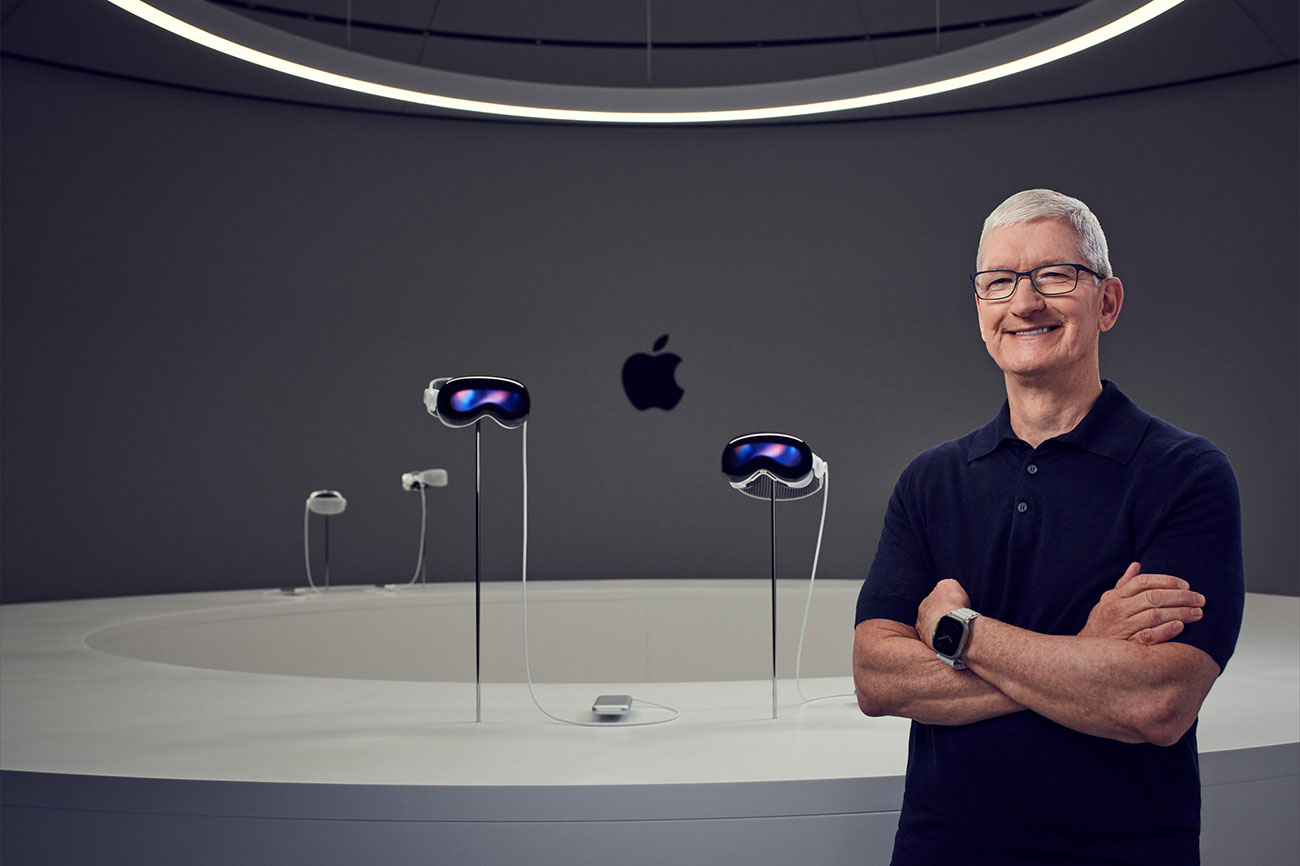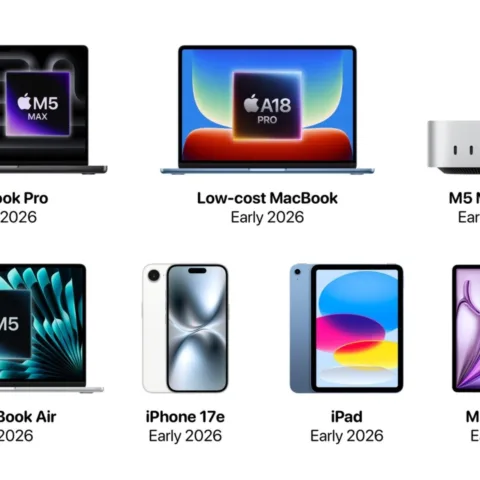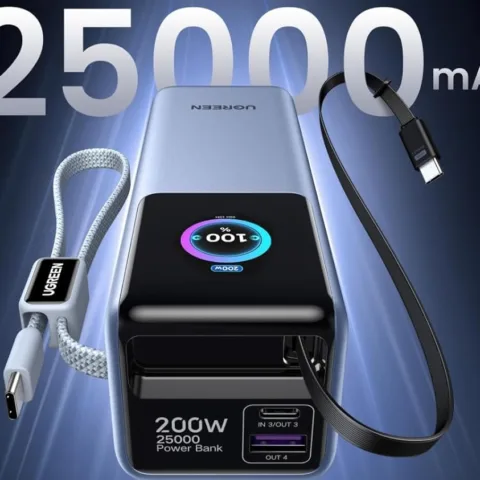
Machine Learning isn’t a new thing in computer science field. This concept gets more popular nowadays as more and more parties become more aware of digital data management and system optimation. DailySocial discussed with Jim Geovedi, one of experts in the field, about this tech, especially on its relations with the development approach in startup scene.
Geovedi, who also gets involved in Beritagar.id, started off by saying that the implementation and function of Machine Learning are actually apparent already, although only a few are aware about it. In simple terms, Geovedi explained that Machine Learning is a computer algorithm which is used to learn data, understand pattern, and create historical data-based model. The model is used to do classification or prediction towards new data, which in result will help users taking decisions.
Machine Learning analogy
I will make a case study on this. For instance, DailySocial intends to hold an event that invites many startups to do presentation on their products and potential. We then suceed in gathering 10 startups, namely Go-Jek, FitInline, GrabBike, OkeTiket, Kulina, Abraresto, Traveloka, Tees, Tiket, and foodpanda.
The organizing team decide to put those startups in categories to make the presentation more well-organized. Let’s say that DailySocial’s editorial team, who understand about those startups the best, aren’t at the office at the time the classification is made, leaving the event team to work on it on their own. Since the team have had several meetings with the startups as they’ve organized some similar events, they already have indicators which may help them doing the classification, which are as follow:
- Startup’s name, which usually represents the category of its product
- Startup’s logo, which usually represents the category of its product
Of those two things, the team may define the following points:
Startup’s Name
- Startups in food category usually embed food or restaurant-related words within their name
- Startups in travel category usually embed travel needs-related words within their name
- Startups in transportation category usually embed transportation-related words within their name
- Startups in fashion category usually embed fashion or clothes-related words within their name
Startup’s Logo
- Startups in food category usually use dining equipment(s) as their logo
- Startups in travel category usually use logo that represents traveling activities
- Startups in transportation category usually use trip equipment(s) as their logo
- Startups in fashion category usually use logo that represents fashion and clothes
Using those two points, the event team can actually group those startups into categories already.
Based on startup’s name
- Food category: Kulina (similar to Culinary), Abraresto (it contains resto for restaurant), foodpanda (it contains food).
- Travel category: Traveloka (it contains travel), Tiket and OkeTiket (it contains tiket)
- Transportation category: Go-Jek (similar to ojek) and GrabBike (it contains bike)
- Fashion category: FitInline (it contains fit, a measurement for clothes) and Tees
Based on startup’s logo
Similar to the previous point. In Machine Learning, startup’s name and logo are part of features and the detail of each feature called distribution frequency. Sometimes, an object doesn’t have the right specification. Tees, for instance, uses a logo which is basically a word. However, we can classify it correctly based on its name. This issue can be solved by giving more detailed feature and distribution frequency. That’s basically how Machine Learning works.
Machine Learning for tech startups
Before going deeper into potentials of Machine Learning, Jim Geovedi explained about challenges that the tech may face, especially in Indonesia. He said:
“There are many challenges that Machine Learning may face in Indonesia, such as low salary which makes it impossible to used as an argument for cost efficiency, minimum understanding on tech, and the fear that machine will replace human workforce.”
However, Machine Learning really is advanced that it may be utilized to create a system that self-learn huge and complex data set with minimum human intervention. The implementation is considered to be a success once the automation process can be as good as a work by humans at minimum cost. This would surely contradict the aforementioned challenges.
“I am quite optimistic that the Learning Machine implementation in Indonesia will be a hit in the near future, and there’ll be more and more players joining the competition in this segment,” Geovedi added.
Just because a tech concept looks complicated, doesn’t mean that it can only be implemented on big and complicated issues.
He further provided an example of the implementation, which is spam/junk identification. The technique was to learn about the previous data which were categorized as spam (and those which weren’t) by extracting features that would be used as an input parameter of the classification algorithm. To automate the process, a model was made based on the learning process and used algorithm. That particular model was the one used to classify or predict new data.
Another example can be commonly found in online public sectors, such as content recommendation. This ranges from recommendation of next articles at online media to recommendation of other items on e-commerce website and recommendation of next videos to watch at video platforms.
Machine Learning has also been implemented in specific fields which aren’t related to public sectors, such as pattern identification of attacks (made by hacker, rootkit, virus, and others) towards a network, automatic ads bidding, identification of user’s necessities based on their online activities, prediction of events or individuals that will make headlines, and automatic textual content creation.
According to Geovedi, tech startups may make use of Machine Learning for above purposes, as they may do on-demand payment, thanks to the cloud computing technology. In fact, several cloud computing providers have started to accommodate Machine Learning back-end tech into their services.
Demand for Machine Learning technology
Geovedi perceived that Indonesia is still lack of experts in Machine Learning. This might be related to the focus of local industries, which prefer investing on marketing to technology. Companies tend to implement imported ready-to-use solutions (through PaaS and SaaS). However, he regarded that this Machine Learning technology has a bright future ahead, as people today become more and more aware about cost efficiency.
In conclusion, this is the best time to start learning. Geovedi recommended a number of reference for those who are interested, such as:
- “Introduction to Artificial Intelligence” by Sebastian Thrun, a developer of self-dring car at Google, and Peter Norvig, one of pioneers of artificial intelligence tech who works as the Director of Research at Google.
- “Machine Learning” by Andrew Ng, one of Stanford professors who later became the Chief Scientist at Baidu.
- “Neural Networks for Machine Learning” by Geoffrey Hinton, a Distingushed Researcher at Google and Distinguished Emeritus Professor at University of Toronto who is known for his work on neural network.
There are actually many other sources than the ones described above. One thing for sure, system automation will be the future of global services.
Translated by Rifki Aria Nugraha











